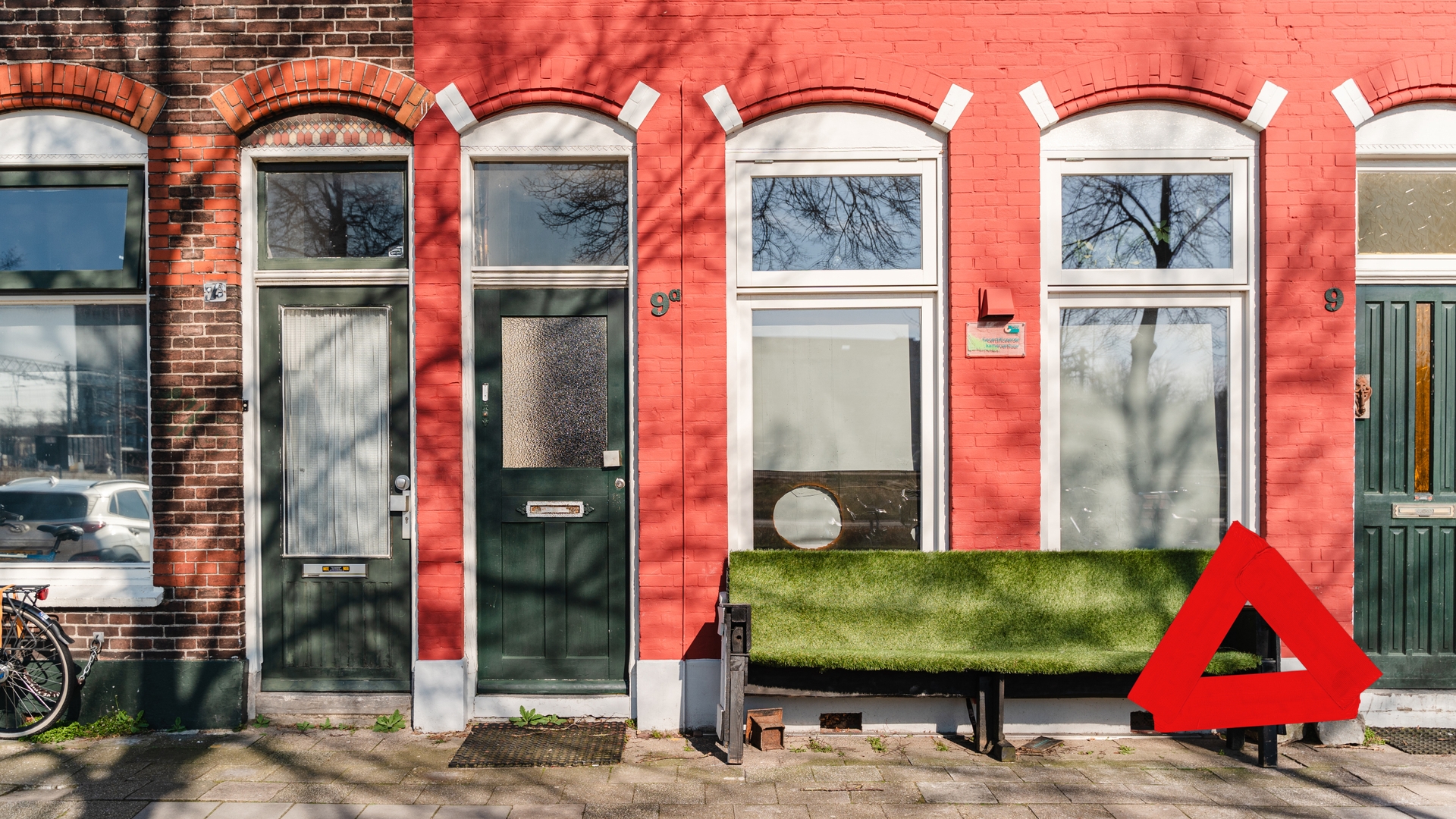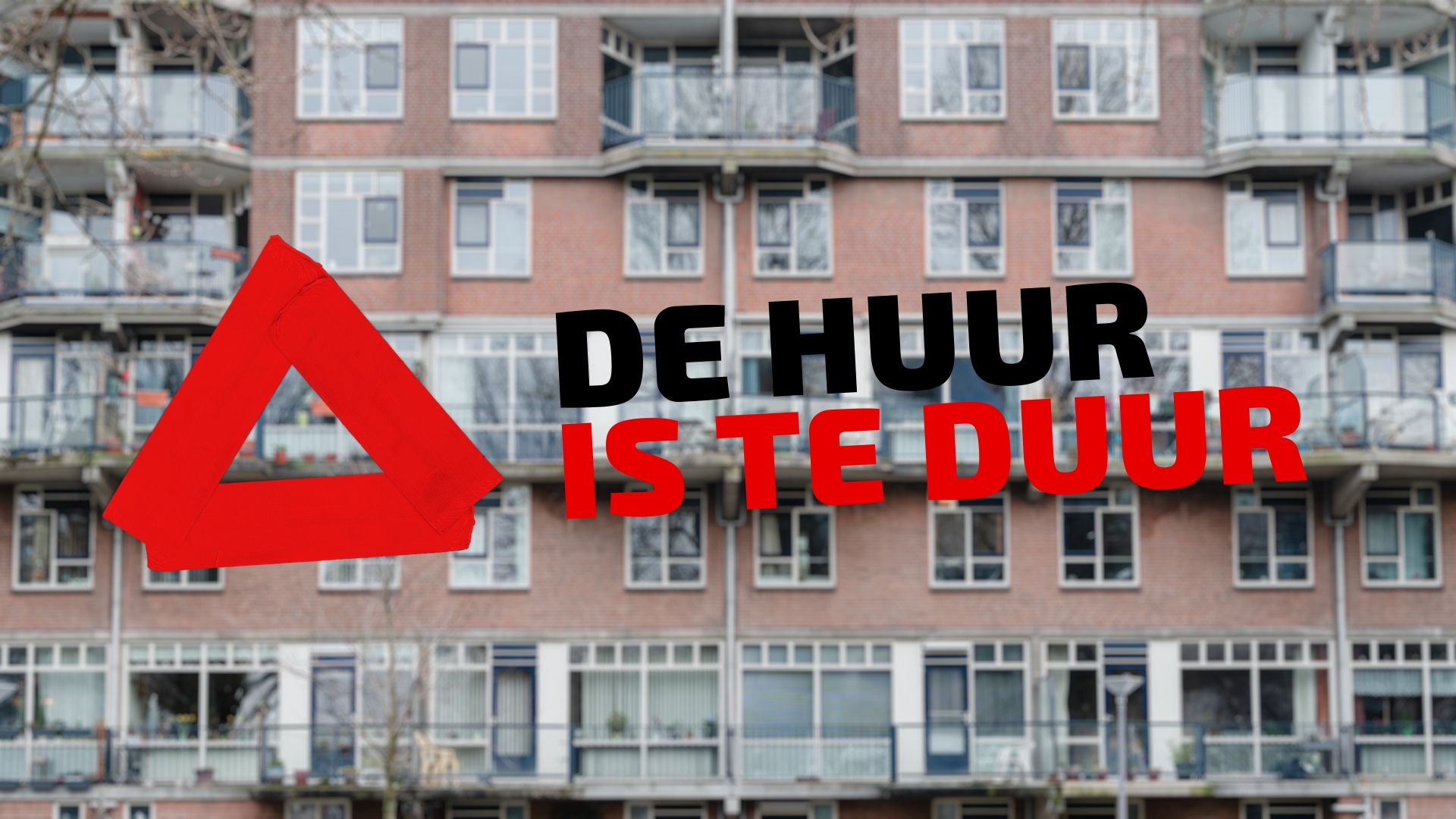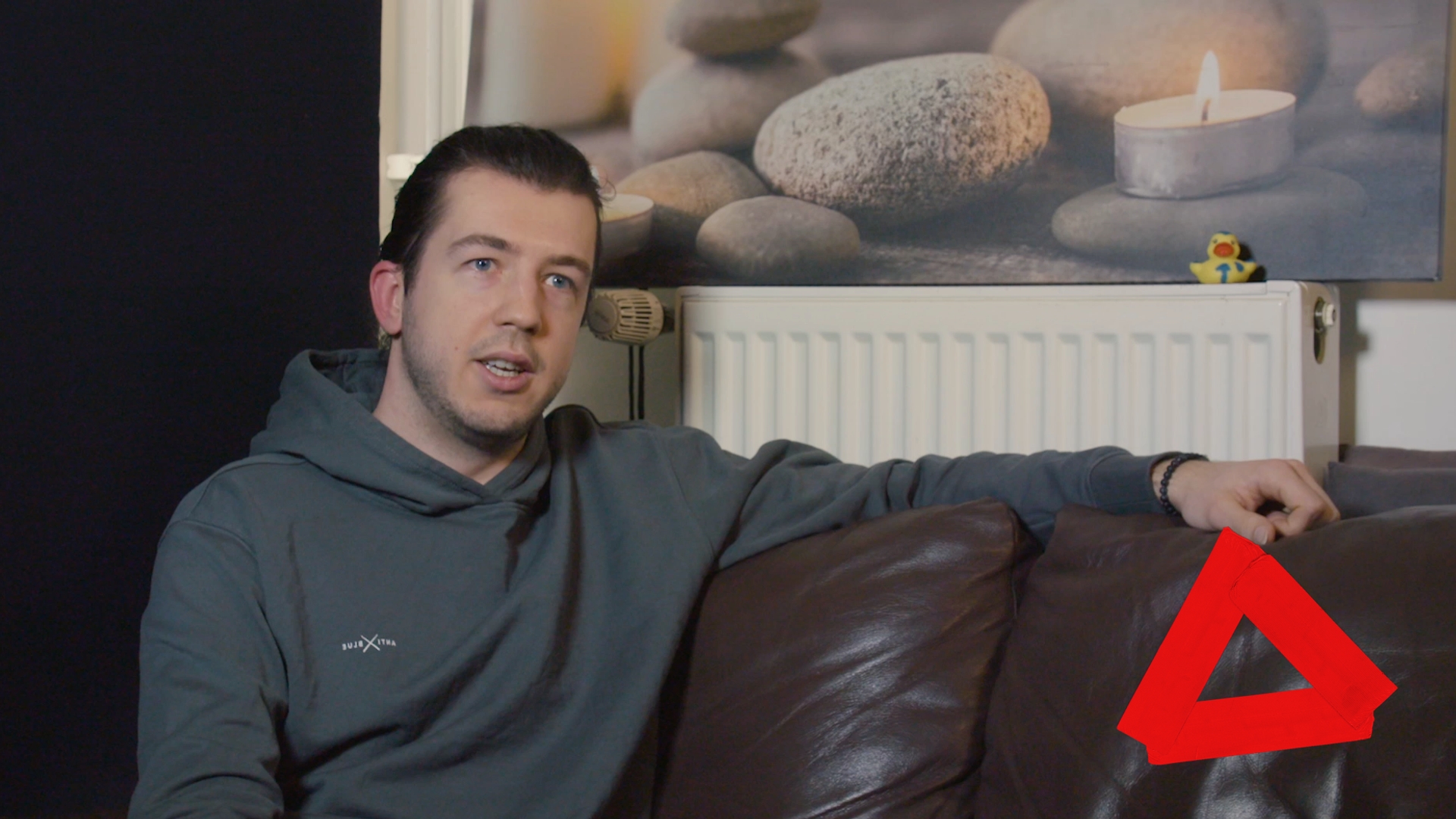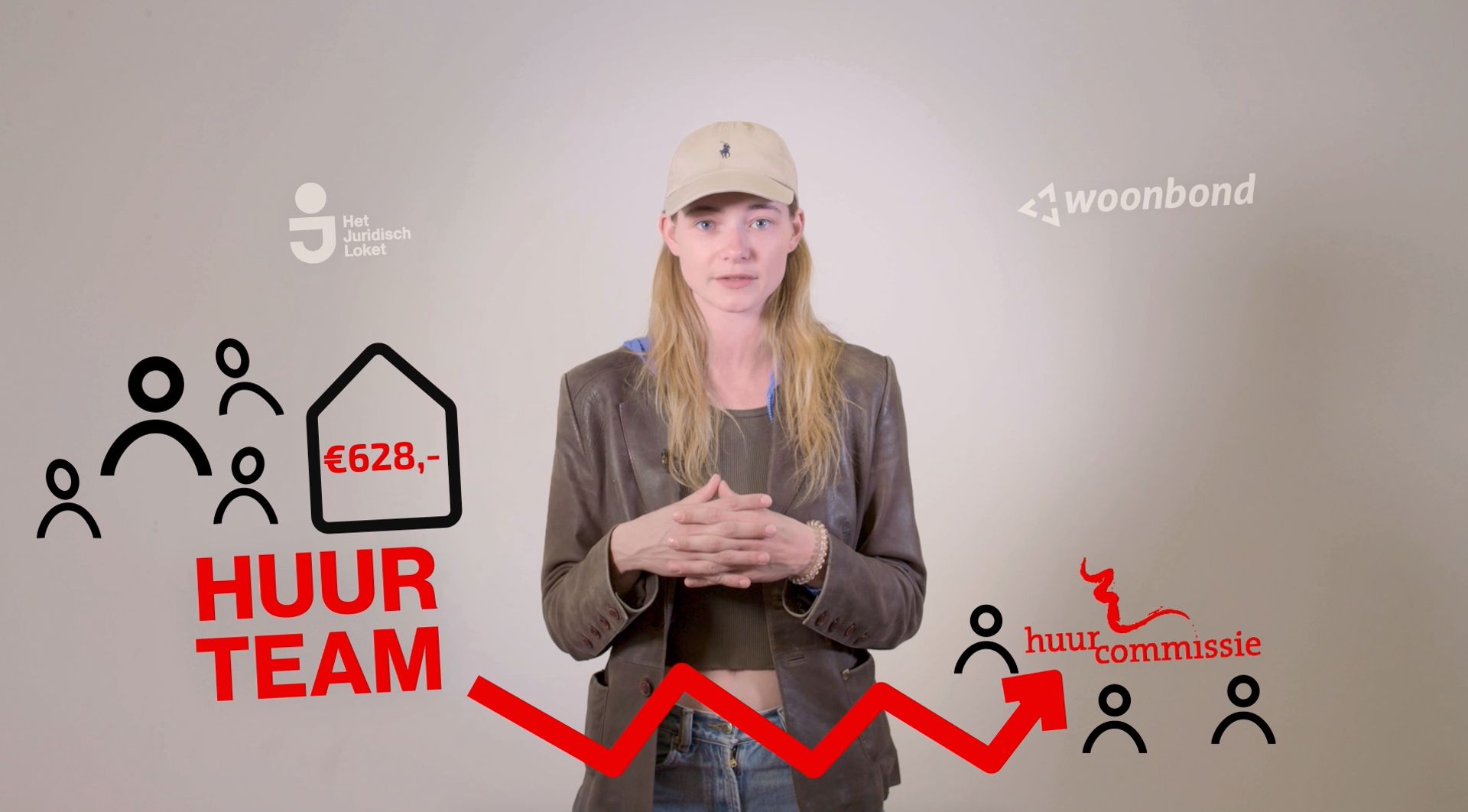FAQ: How does the rent check work?

De Huur is Te Duur
© Yentl Slik
Calculate the maximum rent for your social housing dwelling using the rent check!
How does the rent check actually work? We have listed the most frequently asked questions and answers below:
What is a rent check?
In many cases, the Dutch law stipulates how much rent a landlord is entitled to charge. The maximum rent is determined using a point system. There are two point systems: one for rooms (dependent residences) and one for studios and apartments (independent residences). You can demand a lower rent if your landlord charges more rent than legally allowed.
Rooms
I’m renting a room. Can I run a rent check? Rooms are always subject to a rent ceiling. If you want to know whether you pay too much rent, do the rent check!
Note: If you have to share your toilet, bathroom, and/or kitchen, you are officially renting a room, and your landlord must comply with the maximum rent based on the point system.
What should I pay attention to in my tenancy agreement?
There are two types of agreement:
- Temporary tenancy agreement
Temporary (fixed-period) tenancy agreements are valid for a limited period of time. A temporary agreement for a room may not exceed five years. If you have this kind of agreement, you may want to wait with applying for rent reduction until you have a permanent agreement. Why? Because otherwise, your landlord may decide not to extend your agreement (only permanent agreements give full rent protection).
If your temporary tenancy agreement has expired, and you no longer live in the room in question, the following exception applies: you can run the rent check for a temporary tenancy agreement for a room for up to six months after your agreement ends (if your rent is subsequently reduced, the reduction will apply as of the first day of the tenancy agreement).
Example If you have a temporary tenancy agreement for your room, and you have to leave after 12 months, you can still start a procedure after the end of these 12 months. If it turns out that you were paying € 400 too much per month, your former landlord will have to repay you 12 x € 400 = € 4,800.
Source: !WOON
Tip: Make sure you record the state of your room and all shared facilities. Take photographs of everything in your room and of the facilities, so that you can submit this as evidence to the Huurcommissie.
Note: You can also start a rent check procedure later than within the six months’ period. However, if you do so, the Huurcommissie will decide on your rent reduction application starting not from the first day of your tenancy agreement, but from the day on which you started the procedure.
Note: You can only sign a temporary tenancy agreement once. After this, either your landlord has to terminate your temporary agreement, or your agreement is tacitly renewed, which means you have a permanent tenancy agreement. You should never just sign a new agreement! If you have any doubts, you can always seek advice from a Huurteam or the Juridisch Loket.
- Permanent tenancy agreement
An indefinite tenancy agreement can be regarded as a permanent agreement. If you have this kind of agreement, your landlord cannot simply terminate your agreement because you asked for a rent reduction. This kind of agreement therefore gives you full rent protection.
Apartment, studio or house
I rent a studio, apartment, or other independent dwelling. Can I run a rent check?
Yes. If your maximum rent based on the point system is lower than the established rent ceiling (a specific amount, see below), your landlord is legally bound to a maximum rent. You can calculate this maximum rent using the rent check. The Dutch government sets the rent ceiling every year.
Note: This concerns the basic rent of your home, excluding additional charges such as gas, light, water, service charges, and furniture.
Note: if your basic rent exceeds the rent ceiling, you can only have your rent checked within the first six months of the tenancy agreement. In case of a temporary tenancy agreement, this is extended to six months after the agreement ends. Rent reduction then applies with retroactive effect.
If your basic rent is below the rent ceiling, you can still request that your landlord reduces the rent to the legal maximum based on the point system after the first six months. In such cases, however, rent reduction does not apply with retroactive effect.
Tip: In what year did you sign your tenancy agreement? This is the rent ceiling you should check in the table. If your maximum rent is lower than this ceiling amount, you can calculate your maximum rent using the rent check.
Based on the year in which you signed your tenancy agreement, check whether your rent is lower than the relevant amount:
- 1 January 2017 € 710.68
- 1 January 2018 € 710.68
- 1 January 2019 € 720.42
- 1 January 2020 € 737.14
- 1 January 2021 € 752.33
- 1 January 2022 € 763.47
If you signed a tenancy agreement this year therent ceiling is € 763.47. If your maximum rent based on the point system is lower than this amount, your landlord is obliged by law to comply with the maximum rent based on the point system. Run a rent check!
Does it make sense to run a rent check if my basic rent exceeds the rent ceiling?
Yes. Since it has become common practice to charge too much rent, you may well be paying too much, and a reasonable rent may be lower than the € 763.47 ceiling. You can run the rent check to see whether your rent matches your dwelling.
Note: You have to start this procedure within six months. After six months, your dwelling is considered to be officially liberalised, meaning that it is no longer regulated and therefore not subject to the rent ceiling. The legislator will then assume that as a tenant, you have agreed to your rent amount (even if this is too high), and there will be nothing you can do about it. For temporary tenancy agreements this period is extended to six months after the agreement ends.
What should I pay attention to in my tenancy agreement?
There are two types of tenancy agreements:
- Temporary tenancy agreements
Temporary (fixed-period) tenancy agreements are valid for a limited period of time. A temporary tenancy agreement may not exceed two years. If you have this kind of agreement, you may want to wait with applying for rent reduction until you have a permanent tenancy agreement. Why? Because otherwise, your landlord may decide not to extend your agreement (only permanent agreements give full rent protection). You can also have the rent of a temporary tenancy agreement checked for up to six months after the end of the agreement (any reduction in rent will apply with retroactive effect as of the start date of the agreement).
Note: You can only sign a temporary tenancy agreement once. After this, either your landlord has to terminate your temporary agreement, or the agreement is tacitly renewed, which means you have a permanent tenancy agreement.
Note: Never just sign a new agreement! If you have any doubts, you can always seek advice from a Huurteam or the Juridisch Loket. - Permanent tenancy agreement
An indefinite tenancy agreement can be regarded as a permanent agreement. If you have this kind of agreement, your landlord cannot simply terminate your agreement because you asked for a rent reduction. This kind of agreement therefore gives you full rent protection.
Join the conversation using the hashtag #dehuuristeduur
For more information:
- For questions about the rent check, see our FAQ.
- If you want to know more about your rights as a tenant, see !WOON, de Woonbond or the Huurteams of Urbannerdam.
- If you would like more information about the Rent Tribunal, click here.
- If you need help, find a Huurteam or Juridisch Loket near you.
Praat mee
Altijd op de hoogte blijven van het laatste nieuws?
Meld je snel en gratis aan voor de BNNVARA nieuwsbrief!



